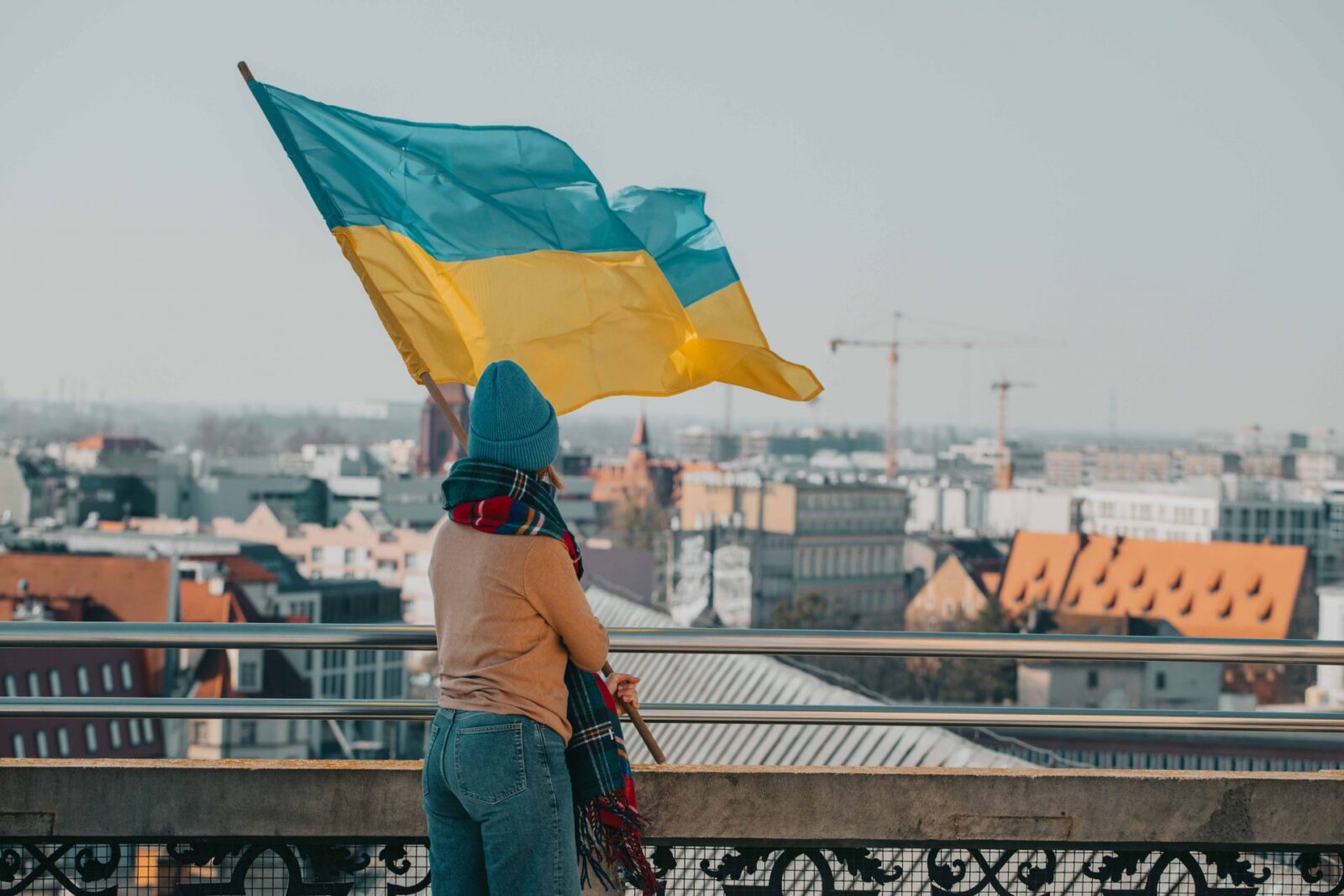
Dr hab. J. Morawiecki Press Reviews from Russia
Five months have passed since dr hab. Jędrzej Morawiecki, a writer and reporter who teaches at the UWr Institute of Journalism and Social Communication and is the author of several books on Russia and its society (the latest: ‘Shuga. Landscape after the Empire’, Czytelnik 2022), began publishing press reviews of Russian propaganda media on his Facebook profile. The bleak, and sometimes reaching the limits of absurdity, picture emerging from excerpts of Kremlin-controlled messages after the start of the war with Ukraine is commented on by our lecturer as follows:
Kremlin propaganda press reviews are one of the strangest things in my life. I started preparing them on 27 February, three days after Russia’s invasion of Ukraine. Since then, I have immersed myself in Russian newscasts for two to three hours a day and returned to the world I remember from books about the Soviet Union. Every day I get up much earlier than I used to, every day I check the latest news, all of it I upload to FB. I am acting completely non-profit. I look at the bizarre slush in which Russian readers are drowning: it’s something between an afterimage of the USSR and an overdriven dystopia with fantasy and B-grade science-fiction elements. Has the content of the slush changed since February? There is less magical denial about the effectiveness of sanctions. More fear and depression.
Recently, while doing a press reviews, I remembered that the Trans-Siberian railway used to sell panoramic crosswords and collections of jokes. Crosswords are not really my thing. I bought a collection of jokes. I remembered three jokes. The first: about a patient, being wheeled into surgery, who decided to relieve the tension and threw to the doctor: “I hope you had a good day”. The surgeon said: “Not really. My wife dumped me this morning and moved out of the house, the fridge was empty, I only had canned food left for breakfast. I struggled with the tin for three quarters of an hour before I opened it, I have no manual skills at all.”
The other two Russian jokes in the pocket collection are very short: “What were Mayakovsky’s last words before committing suicide? ‘Don’t shoot, comrades!’”.
And the last joke, the shortest and most explicit: “An abstractionist walks down the streets of Moscow followed by two realists in civilian clothes”.
The jokes of the 1990s, which were supposed to serve as a way of unwinding the trauma of the post-Soviet era, have become a reality. What kind of reality is this? Firstly: it is a reality that is creaking – the health service is in disrepair, there is a shortage of staff everywhere, the country is becoming a dystopia from Balabanov’s films. Second: I read about more alleged suicides – first of the oligarchs (and their families), and more recently of a university rector who allegedly killed himself in custody. Thirdly: titles about further arrests, detentions and inclusion on the list of ‘agents of foreign influence’ swell and sometimes take up half of the news bulletin. The words of one of the protagonists of my new book Shuga, Andrei Kuzichkin, who said in 2019, came true: “This is how we arrived at soft authoritarianism. With elements of hard one. And for such a system, people like me are toxic. We are pests. We are to be cleaned out.” So much so that since February we can already speak of hard authoritarianism.
You can read the press reviews on Jędrzej Morawiecki’s FB profile (Polish only).
Interview with Jędrzej Morawiecki on Russian war propaganda (Polish only).



